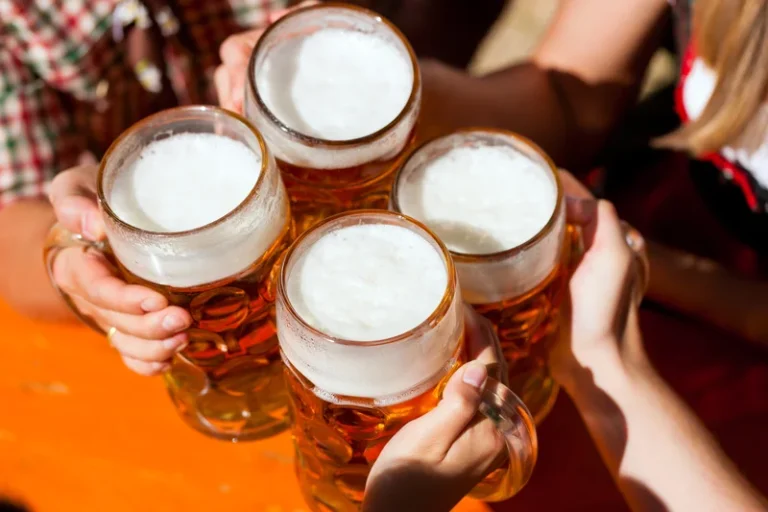
The solution to overcoming this relapse trigger is to learn how to channel your positive feelings in a positive way, without the use of substance abuse. On average more than 85% of individuals are susceptible to relapse in the following year after drug and alcohol treatment. Relapse triggers are far more extreme for recovering addicts in the early recovery months of addiction treatment. Part of your relapse prevention plan should be to make a list of people, places and what is alcoholism things that are strong triggers for you.
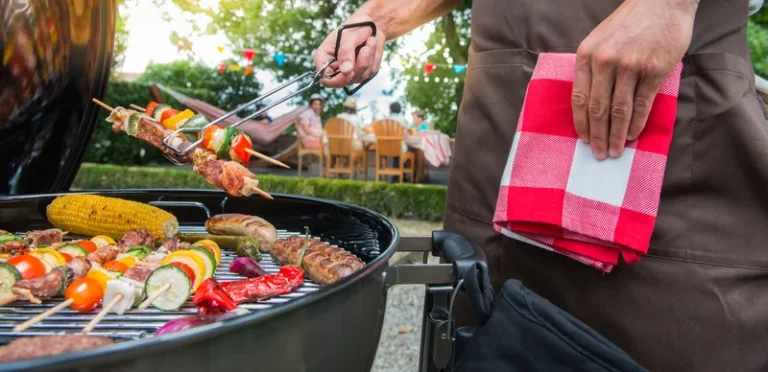
What Are Relapse Triggers: Internal Vs External Relapse Triggers
- Triggers are NORMAL for everyone in recovery, especially in the early days.
- Friends and family may not understand the consequences of negative behaviors toward people in recovery.
- Mindfulness meditation is a way to recover your sense of well-being in the face of stress.
- Obstacles in recovery are often caused by insufficient coping skills or an inability to plan effectively.
Recognizing the interconnected nature of mental health and addiction is crucial for comprehensive recovery. Seeking professional help at dual diagnosis treatment centers Pennsylvania is a proactive step. Developing coping mechanisms specifically tailored to address mental health challenges and building a strong support system are essential components of mitigating the risk of relapse. Social situations where others engage in substance use can create a strong temptation to join in. Overcoming peer pressure involves building a supportive network of friends and family who understand and respect your commitment to recovery. Communicating your boundaries and having strategies in place for such situations is crucial.
The Glamorization of Past Drug Use
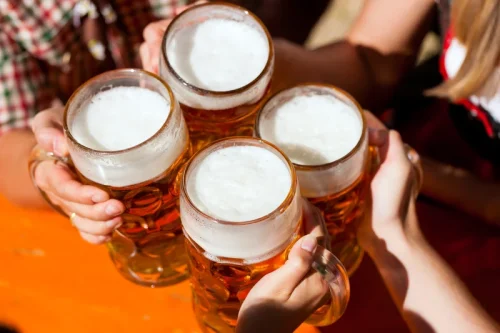
If you have decided you want to stop you have already accomplished the most difficult step. Reaching out for help is essential for getting through the next stages to sobriety. Negative emotions like sadness, loneliness, shame, guilt or anger are often core reasons why people begin abusing substances in the first place. When these emotions surface again during recovery, the brain remembers dealing and coping with them by using drugs or alcohol and prompts cravings. It is important because in early recovery, individuals are often only just starting to ‘feel’ again.
Relapse Triggers and How To Manage Them
- They may begin to feel discontent with their progress and restless in their disintegrating routine.
- Recovery is an ongoing process and can involve many fluctuations and challenges.
- In this guide, we will discover the top triggers for relapse and how to avoid them.
Such conflicts can exacerbate negative emotional states, increasing vulnerability to relapse. Moreover, social circles that involve substance use can create constant reminders of past behaviors, further straining an individual’s resolve against cravings. Cultural background plays a significant role in shaping attitudes towards substance use and recovery. In communities where drug and alcohol use is normalized, individuals may face greater social pressures that can lead to relapse.
- The pressure of life challenges can overwhelm coping mechanisms, making the familiar escape offered by substances seem tempting.
- Here are seven common relapse triggers that can affect your addiction recovery.
- Combining this knowledge with the tools you have been given will help you navigate your sobriety.
- Navigating recovery from any form of addiction can be a challenging journey, especially when relapse happens.
Common Relapse Triggers (and how to handle them)
It is crucial for individuals to identify and understand these high-risk situations in order to effectively manage and prevent relapse. Developing healthy coping mechanisms and self-care practices is essential. Activities like exercise, mindfulness, hobbies, and therapy help manage stress, cravings, and triggers. Identifying high-risk situations specific to an individual’s circumstances is crucial. By recognizing these situations, individuals can develop personalized strategies and coping mechanisms to manage or avoid these triggers altogether.
Finding new ways to deal with chronic pain may be an essential way of managing this relapse trigger. Emotional relapse is the first of three stages of relapse, so keeping an eye on your emotional state is an important way to manage triggers. Use this list to start thinking about what triggers you are likely to face in your recovery journey.
How Addiction Influences Risky Decision-Making
It can be easy to confuse some of these new feelings, such as hunger, with a craving. Some of these most basic human relapse triggers list needs can also lead to, or intensify, other triggers and cravings if not satisfied. Being in any one of the HALT states reduces a person’s ability to cope with stress and increases impulsivity. Using drugs or alcohol over the long term builds associations between an individual’s daily routine and their experiences with intoxication. As a result, certain cues immediately flip the switch on the association and activate the craving reflex in response to external or internal triggers.
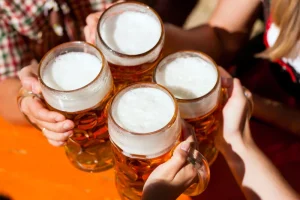
How can I identify and manage high-risk situations for relapse?
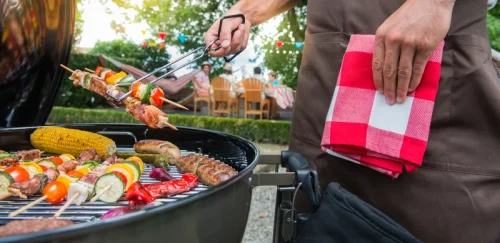
A lack of daily structure may lead to boredom, idleness, or a sense of aimlessness, increasing vulnerability to old habits. Establishing and maintaining a consistent daily routine is crucial in recovery. At the drug rehab center reading PA, you will be provided with a routine for the whole day. This involves https://ecosoberhouse.com/ regular wake-up and bedtime hours, incorporating healthy activities, and having a clear schedule. Routine provides stability, reduces uncertainty, and helps fill the void left by substance use. This way you can create a positive environment that minimizes the risk of relapse and promotes a sense of purpose and accomplishment.
Strategies for Managing Relapse Triggers
- Communicating your boundaries and having strategies in place for such situations is crucial.
- The festive atmosphere and social dynamics often involve the availability of substances, creating a challenging environment for those in recovery.
- A relapse is a temporary setback and should be viewed as an opportunity to learn and grow in the recovery process.
- Addiction relapse triggers in drug and alcohol abuse recovery are quickly becoming a major concern for inpatient and outpatient treatment addicts.
- However, there are most likely people in your life who encouraged your substance abuse in the past, and you have most likely tried to avoid them.
- Individuals in recovery are encouraged to recognize when they are experiencing negative emotions.
At Midwest Recovery Centers, we help our patients overcome addiction, create healthy coping mechanisms, and develop relapse prevention plans that will work for their needs. If you’d like to learn more about our mental health and addiction treatment programs, reach out today. Relapse triggers are events, situations, or emotions that can lead to a strong desire to seek out drugs and alcohol again, potentially resulting in alcohol abuse. These addiction relapse triggers can vary from person to person and can be incredibly powerful, leading to an increased risk of addiction relapse. During addiction recovery, you are likely to experience triggers and cravings as you navigate your sobriety journey. Learning how to recognize and manage your triggers can help you feel more in control and prevent or reduce relapse signs.
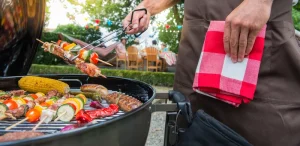
List of Triggers for Relapse: Identifying and Managing High-Risk Situations
Get treatment for any underlying mental illness and monitor your thinking and feeling with a journal to help notice when you are slipping into old patterns. Call 24/7 to have a discussion with one of our treatment professionals the call is completely free. Admission Line and explanation of convenient private phone and free prescreening. You can more easily identify the ones particular to you once you answer these questions.
